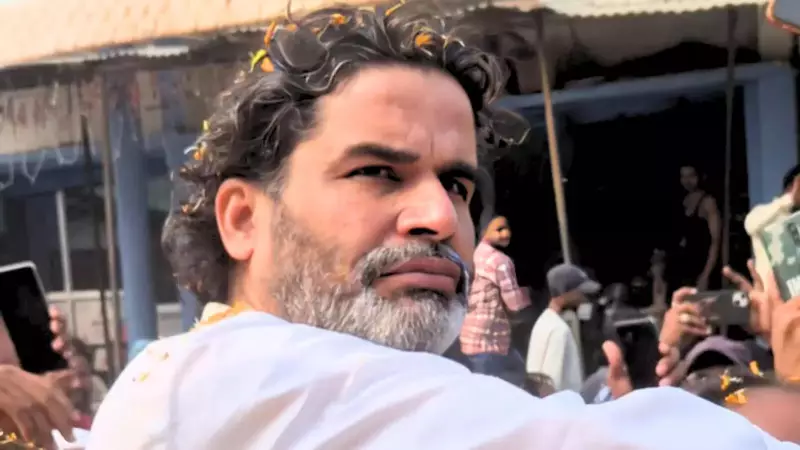
In a dramatic development that has sent shockwaves through political circles, the Election Commission of India has served prominent political strategist Prashant Kishor with a strict three-day deadline to explain how he managed to be registered as a voter in two different states simultaneously.
The electoral body discovered that Kishor was listed as an elector in both Bihar and West Bengal, raising serious questions about potential violations of election laws that strictly prohibit dual voter registrations.
The Electoral Anomaly
According to official records accessed by the Election Commission, Prashant Kishor's name appeared in electoral rolls of both states during routine verification processes. This discovery has triggered immediate action from the election monitoring authority, which views such cases as serious breaches of electoral integrity.
The Representation of the People Act, 1950 clearly states that no person can be enrolled as a voter in more than one constituency or in more than one place in the same constituency. Violation of this provision can lead to serious legal consequences, including potential criminal charges.
EC's Swift Response
The Election Commission has demonstrated zero tolerance toward such discrepancies, immediately issuing a formal notice to the political strategist. The three-day response window indicates the urgency and seriousness with which the Commission is treating this matter.
Political analysts suggest this case could have far-reaching implications, especially given Kishor's high-profile status and his involvement with multiple political parties across different states during various election campaigns.
Potential Consequences
- Possible deletion of name from one electoral roll
- Financial penalties under electoral laws
- Potential legal prosecution if malafide intent is established
- Impact on credibility as election consultant
This incident comes at a crucial time when the Election Commission has been intensifying its efforts to clean up electoral rolls and ensure the integrity of the voting process across the country.
The development has sparked widespread discussion about the effectiveness of current verification systems and the need for more robust mechanisms to prevent such multiple registrations in the future.






